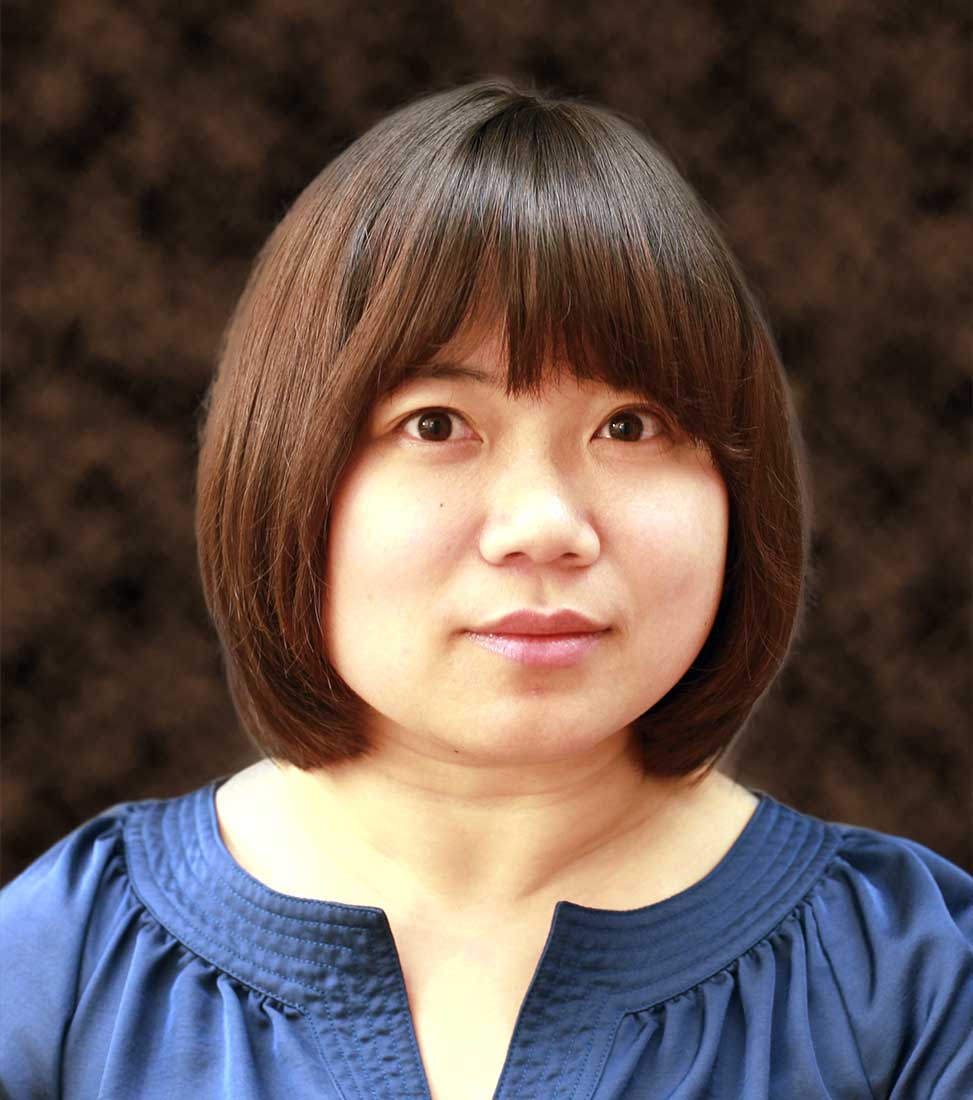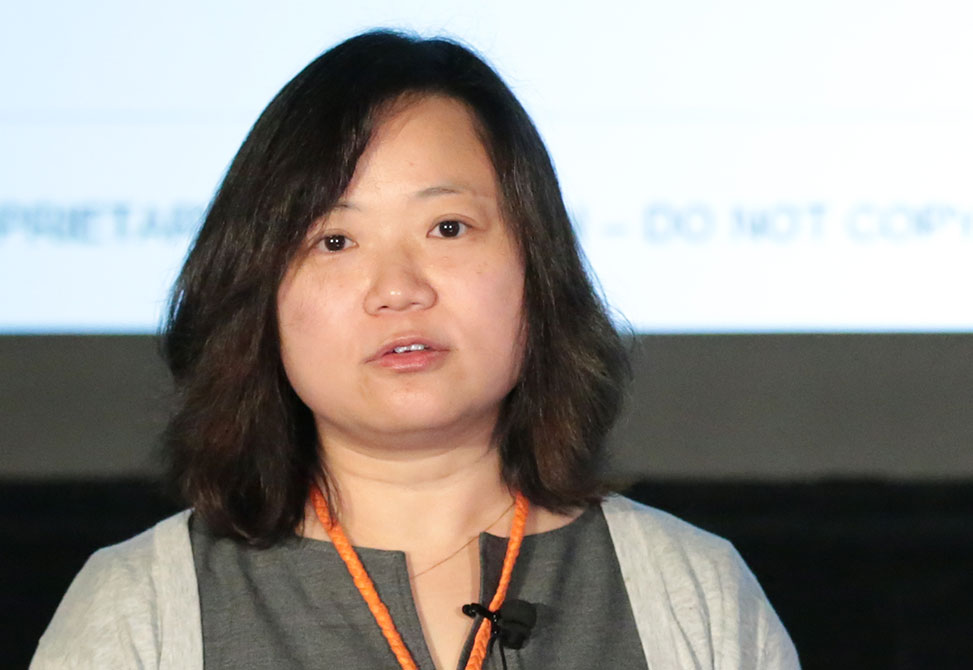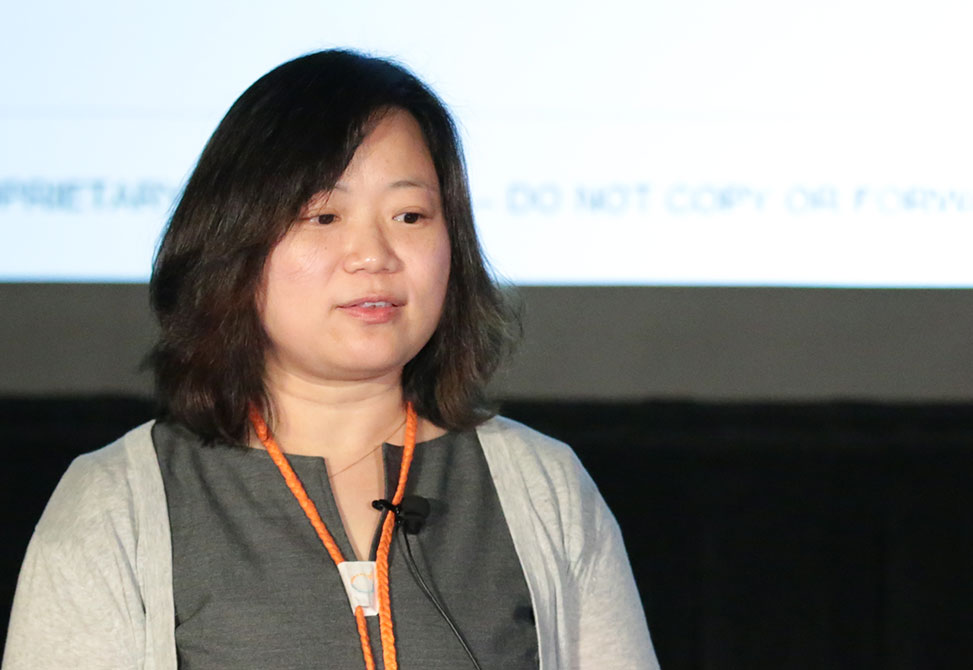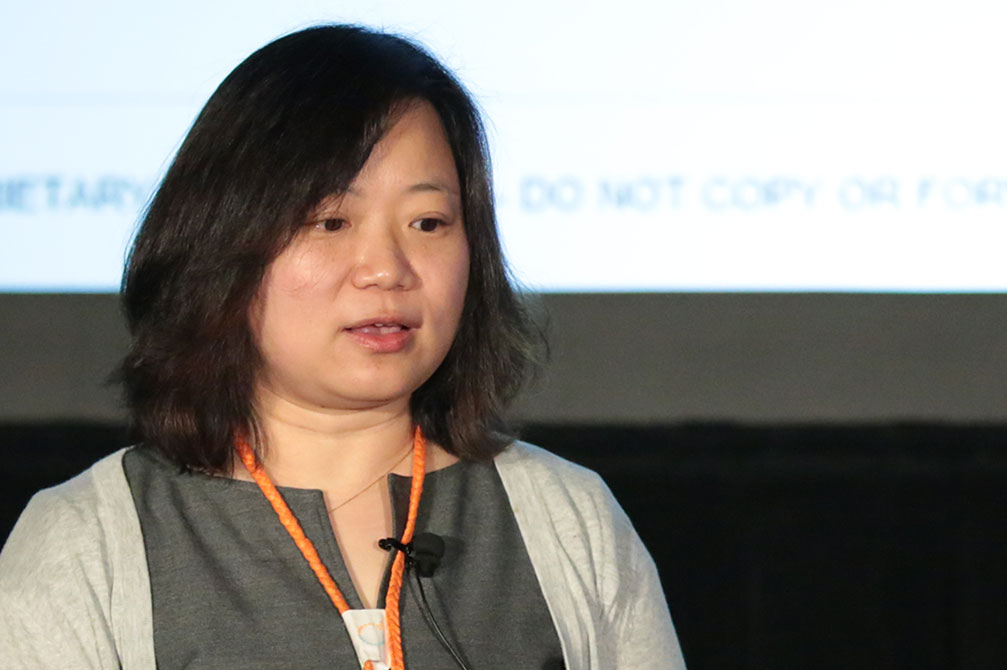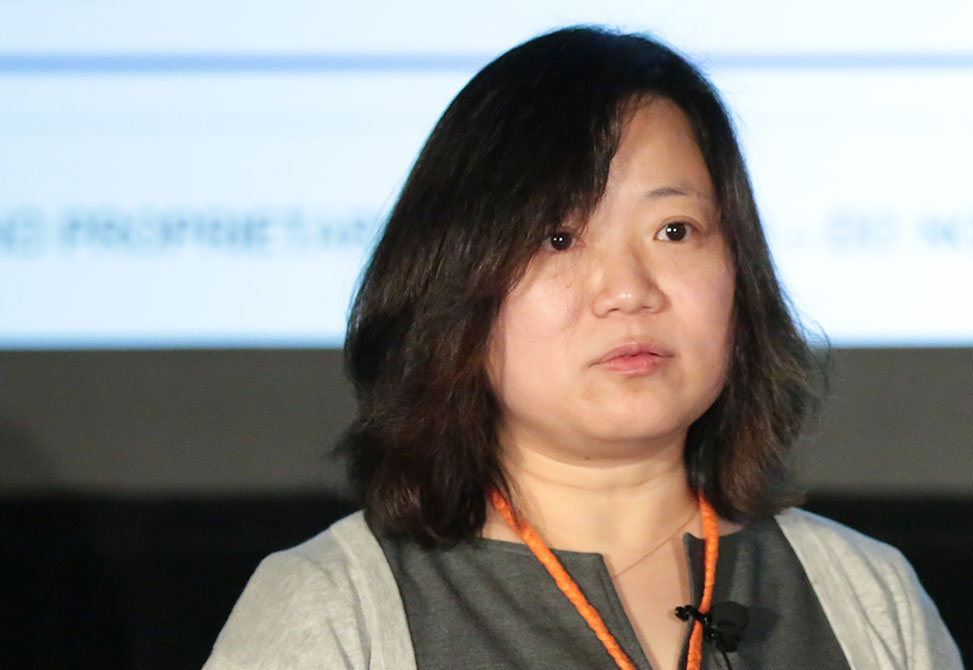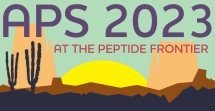Fei Cai
Genentech
Talk Title
Improved Naive Peptide Library Designs Guided by AI-prediction
Presentation Time
EARLY CAREER LECTURESHIP AWARD I
Thursday, June 29, 2023, at 08:55 am - 09:15 am
It has been widely accepted that using peptide-based molecules to disrupt protein-protein interactions is a promising strategy to address some disease targets, especially those that are difficult to be treated with small molecules. Many successful examples in the pharmaceutical field show that high-affinity therapeutic peptides can be discovered by performing peptide library screening followed by affinity maturation and optimization. However, sometimes one found that peptides’ stability may be sacrificed while binding affinity is improved. In that case, optimization of lead molecules usually requires a lot of peptide synthesis and function assays, which are both cost- and time-consuming. To address this problem, we proposed an AI-assisted library design strategy to make sure screening can start from functional libraries with better stability and folding property.
We performed Alanine scanning and NGS analysis on hyper- stable constrained peptides, HCPs. Subsequently, feeding NGS data into the DeepSeq.AI algorithm resulted in a tailored prediction model for peptide stability and folding. Based on predictions, we designed naïve libraries and performed test panning. The panning success rate is encouraging, and selected peptide binders were synthesized and present good folding properties.
Fei Cai, Ph.D. in Biochemistry, is a Scientist III at Genentech. She worked in Dr. Cheryl Kerfeld’s group as a postdoc and then as a project scientist for many years at UC Berkeley and Lawrence Berkeley National Lab in synthetic biology and protein macromolecular assemblies. She joined the diversity display lab led by Dr. Yingnan Zhang at the Department of Early Discovery Biochemistry in Genentech five years ago. Since then, she has been involved in many projects in the effort of discovering therapeutic-peptide binders for disease-related targets, using phage display, yeast surface display, and mRNA display as technology platforms. She is also involved in collaborative projects with DeepSeq.AI for better peptide libraries.
